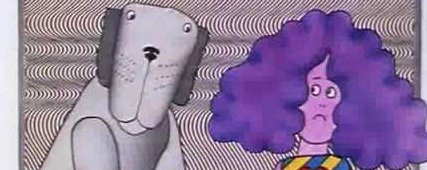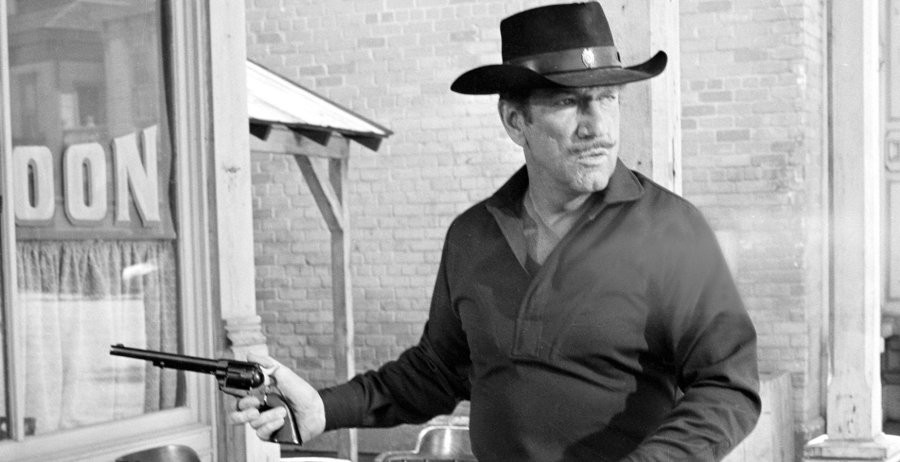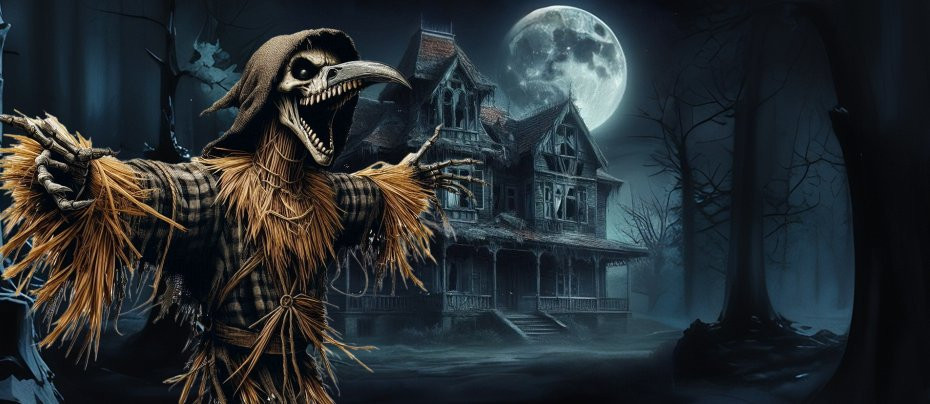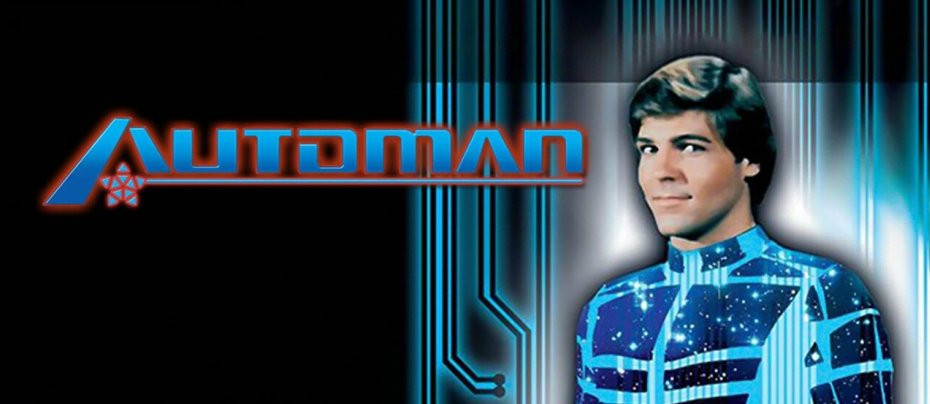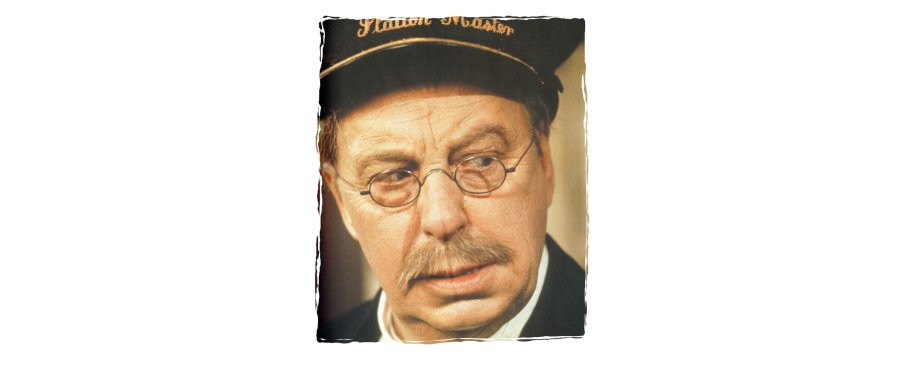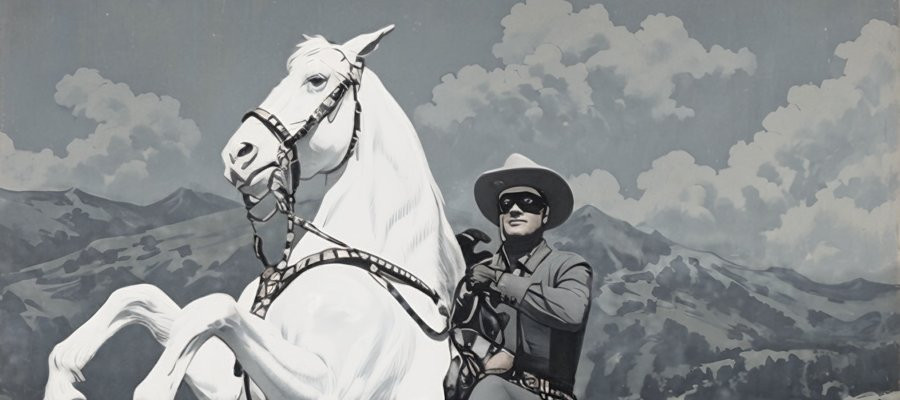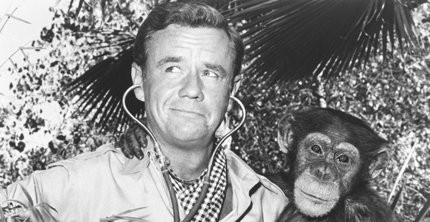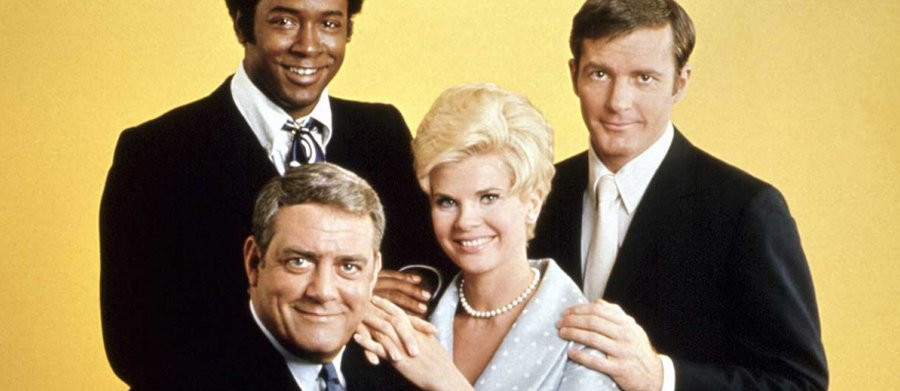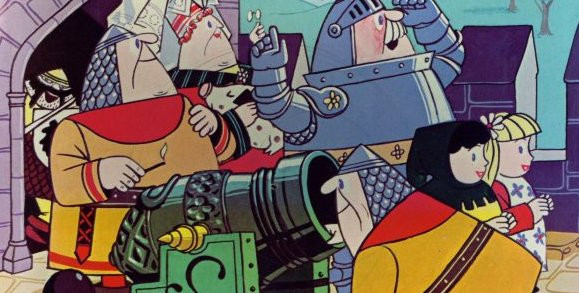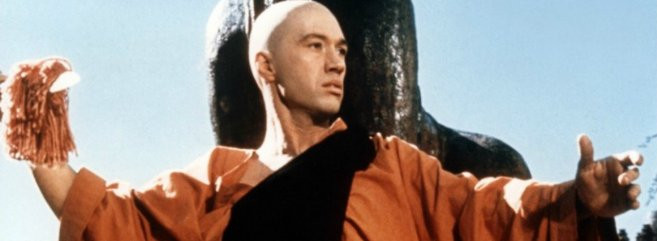
Kung Fu
1972 - United StatesCreated by Ed Spielman and developed by Herman Miller, 'Kung Fu' was the award winning US TV series which starred David Carradine as Kwai Chang Caine, a Shaolin Priest in the American West of the late 19th Century. Rumour has it that the series was originally created for Bruce Lee until the powers that be opted for the safer option of casting David Carradine as the lead as he was the bigger star at the time. However, this claim this does not stand up to close scrutiny.
It's true that Carradine had previously starred on US primetime television in the Westerns Shane (1966) and Young Billy Young (1969), but Lee had also had a major starring role as Kato, the kung-fu fighting crime fighter in The Green Hornet (1967), and was steadily building a growing reputation for himself in the Chinese made kung fu films that were being dubbed for an English speaking audience.
A year after the first series of Kung Fu was made, Lee would take the US (and worldwide) box office by storm in a big feature production for the cinema entitled Enter The Dragon. The pilot for Kung Fu was written in New York by two people who had no connection to Bruce Lee and after Warner Brothers bought the script it seems as though they sat on the idea for some time, at first considering it for the big screen rather than the small. It is thought that Lee was consulted at this point (which would be logical because he owned a number of kung fu schools in America at that time), but was not ever considered for the part because (according to a Vice President at ABC) Lee's accent made him difficult to understand (although he admits that Lee had an enormous "presence"). And so, when it came to making the series, Carradine, who was a trained dancer and therefore had no problem with the choreography required for the martial arts action in the series, was cast in the lead.

Kung Fu, set in the 1870s, follows the quest of Kwai Chang Caine, the offspring of a Chinese - American marriage. Told with the use of flashbacks, the adult Caine recalls how, orphaned as a boy in China, he waited outside a monastery with several other young boys to be taken in by the monks, before being admitted as a student to the Shaolin Temple. Here he is guided by his mentors, the blind Master Po (Keye Luke) and Master Kan (Philip Ahn), and eventually becomes a Shaolin priest himself.
It is also through these flashbacks we see how he learned his philosophy on life, how he learned his martial arts skills. and how he got the nickname "Grasshopper". (The very first time Caine meets Master Po he says that to be blind must be the worst affliction, but Master Po shows the young Caine that he can even hear the grasshopper at the young Caine's feet, which Caine couldn't hear). We see him learn the ways of the Shaolin -"A Shaolin priest can walk through walls. Looked for, he cannot be seen. Listened for, he cannot be heard. Touched, he cannot be felt".
After leaving the Temple at the end of his studies, Kwai Chang bumps into his beloved favourite teacher Master Po, who gets into an altercation with the Emperor's nephew and is killed. In a blind rage, totally against all he has been taught, Kwai Chang kills the Emperor's nephew in revenge and is forced to flee China. He then travels to America in search of his half-brother, Danny, but is pursued by Chinese bounty hunters who are after the $10,000 reward that is being offered for his capture. Thus begins a journey that not only takes him across the old West, but also through the light and dark areas of his soul.

Whilst trying to find his brother, Caine constantly finds a conflict between his desire for peace and tranquillity and the rampant social injustice that he encounters. Through his journey he remembers the lessons and philosophy Po & Kan taught him (the flashback scenes recalling particular lessons during his training in the monastery while a child -the youthful Caine being played by Rad Pera) and tries to use them in dealing with the problems and prejudices he faces. David Carradine remarked on the part; "I couldn't believe the policy makers would dare something as discerning and as aesthetic this. The main character speaks very little. He's silent and lives by humility, patience, peace and reverence for all life. He's a low-key, almost a side-line observer of the cruelty heaped on the workers. But he survives on inner strengths. He's on a quest for truth and goodness and will kill only with the greatest reluctance." Each week Caine would have to move on in his search for his brother (and at the same time for himself) as well as divulging his philosophy ( "If you plant rice, rice will grow, if you plant fear, fear will grow.") to those he comes into contact with.
This was a ground breaking series in many ways, not least in the fact that the "hero" was guilty of the crime of which he was accused and by the use of slow motion at crucial times during the action scenes (choreographed by David Chow), a technique that would be employed more fully in The Six Million Dollar Man (1974) and The Bionic Woman (1976).
Seen this show? How do you rate it?
Seen this show? How do you rate it?
Published on December 29th, 2018. Written by Phil McCormack and Laurence Marcus (2006) for Television Heaven.


